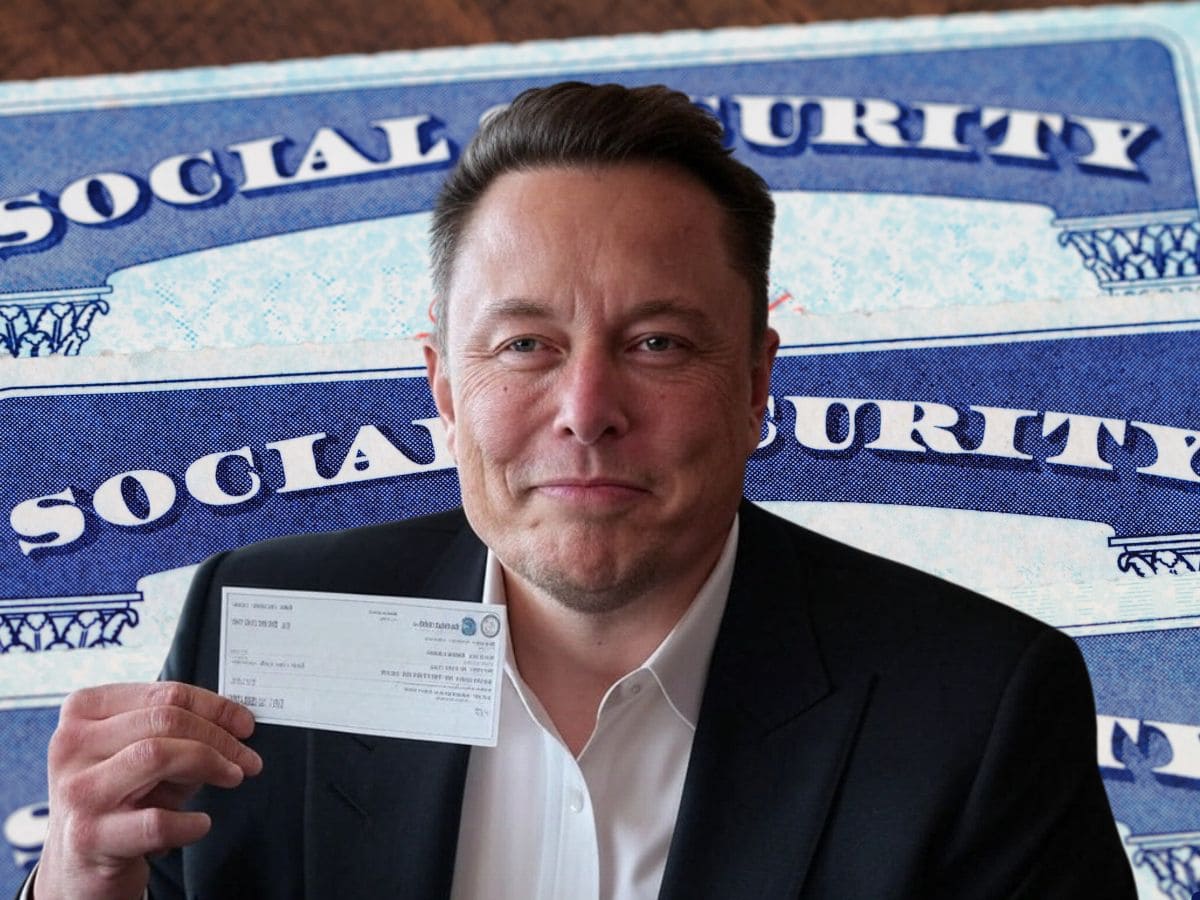In the United States, the figure of Elon Musk is often surrounded by controversy and big headlines. This time, the entrepreneur has once again caught the attention after an interview on Fox News, where he claimed that his reforms under the so-called “Department of Government Efficiency” (DOGE) will ensure that the legitimate beneficiaries of Social Security get more money. His words have aroused both enthusiasm and skepticism, especially among experts in retirement and in the functioning of Social Security.
At first glance, the idea of “making the system more efficient” sounds promising. However, the reality is much more complex. Specialists agree that possible spending cuts do not automatically translate into higher payments for retirees. And most importantly, Musk’s statements do not seem to be backed up by the actual functioning of the system.
Why Social Security payments are not likely to increase
Elon Musk’s promise is based on the idea of eliminating fraud, waste and abuse within the Social Security Administration (SSA). However, according to Chris Orestis, retirement expert and president of Retirement Genius, that premise is based on a misperception. “There is no solid evidence that large sums are being paid to people who do not deserve them,” he said, in line with reports published by media such as The New York Times and Associated Press.
But even in the hypothetical case that ‘extra’ funds were found, that would not allow for an automatic increase in benefits. As Orestis explained, the only mechanism for increasing Social Security payments is the cost-of-living adjustment (COLA), which is calculated each year according to inflation levels. In other words, no matter how much money is “saved,” checks cannot go up unless the law allows it.
Martha Shedden, president of the National Association of Social Security Registered Analysts, was even more forceful. According to her, Musk does not understand how Social Security benefits are calculated. These do not depend on the size of the trust fund or the number of employees in the SSA, but on the income that each person has had throughout their working life. To change that formula, Congress would have to pass a law, which is not on the table at the moment.
What would really have to happen to increase benefits?
Increasing Social Security payments requires more than good intentions or internal cuts. According to the 2024 report of the Social Security and Medicare Trustees, if no major adjustments are made, full payments are guaranteed only until 2035. Thereafter, checks could be reduced by 17% due to an imbalance between program revenues and expenditures.
This problem is aggravated because the population getting benefits continues to grow, while revenues, mainly from payroll taxes, are not increasing at the same rate. Therefore, both Orestis and Shedden agree that the only sustainable way to increase payments is to increase funding for the system. Some proposals include removing the maximum taxable income cap (currently $176,100) or raising the retirement age for younger generations.
It has also been suggested that people with high net worth, like Musk himself, should be left out of the system. “Does Elon Musk really need to collect Social Security in the future?” Orestis asked, questioning the logic of keeping the system as it is.








